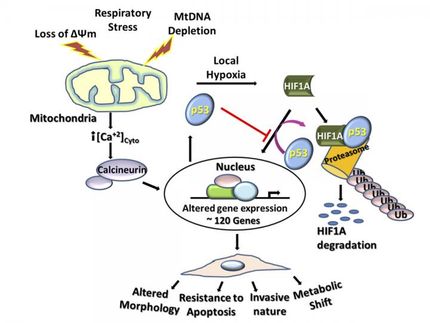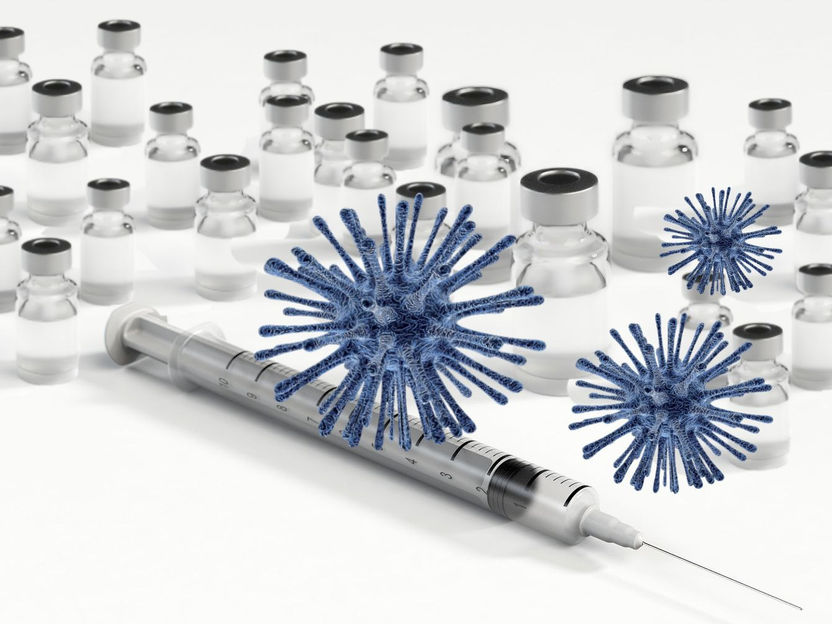Innogenetics signs exclusive agreement with AdnaGen to develop and commercialize new multiplex oncology tests
Advertisement
Innogenetics NV and AdnaGen AG announced that they have entered into an exclusive worldwide license agreement to develop and commercialize new multiplex tests in the field of oncology. The diagnostic tests rely on circulating tumour cells in patients' blood. The exclusive license covers fields such as breast and colon cancer. Innogenetics entered into the agreement following the successful conclusion of a feasibility study to convert the current gel-based AdnaDetect products into a routine in-vitro diagnostics multiplex platform.
AdnaGen's circulating tumour cell technology for breast and colon cancer consists of tools aiming at improved cancer prognosis and patient management. The technology is based on the selection of tumour cells from blood followed by detection of tumour-specific markers using molecular diagnostic techniques. The detection of a broad range of tumour markers results in increased test specificity and sensitivity. Since tumour cells circulating in the blood generally have a short half-life, the detection of circulating tumour cells is indicative of active disease. AdnaGen's licensed proprietary technology, combined with Innogenetics' expertise in developing multiplex assays will, for the first time, allow the detection of a broad range of tumour markers from circulating tumour cells present in a single blood sample. This new diagnostic assay could result in better characterization of tumour cells, leading to an improved patient therapy management.
The newly licensed AdnaGen technology can be applied in three distinct cancer diagnostic areas. The first is better prognosis through the identification of circulating tumour cells as a measure of elevated risk of tumour progression. Secondly, the detection of circulating tumour cells provides an indication of the treatment efficacy. Re-occurrence of circulating tumour cells may require prolongation of the treatment or seeking alternative approaches. Finally, the detection of circulating tumour cells months after therapy may indicate that the treated or resected tumour is relapsing.
Earlier this year Innogenetics entered into a feasibility agreement to evaluate and develop alternatives to the current gel-based technique and convert them into other multiplex formats in the in-vitro diagnostics industry such as the routinely used LiPA platform, or 4-MAT(TM). The successful conversion of the AdnaGen gel-based technique initially into Innogenetics' LiPA-based multiplex format led to the conclusion of this agreement.




























































